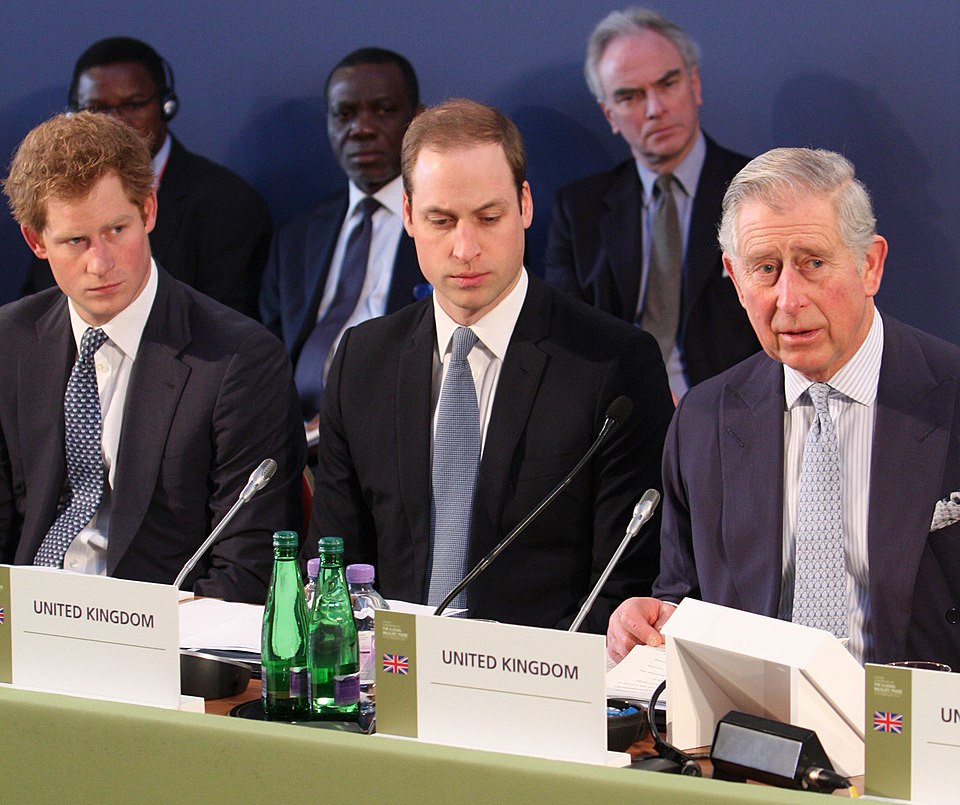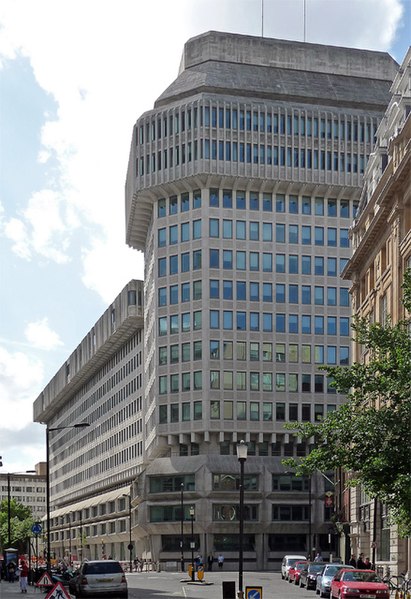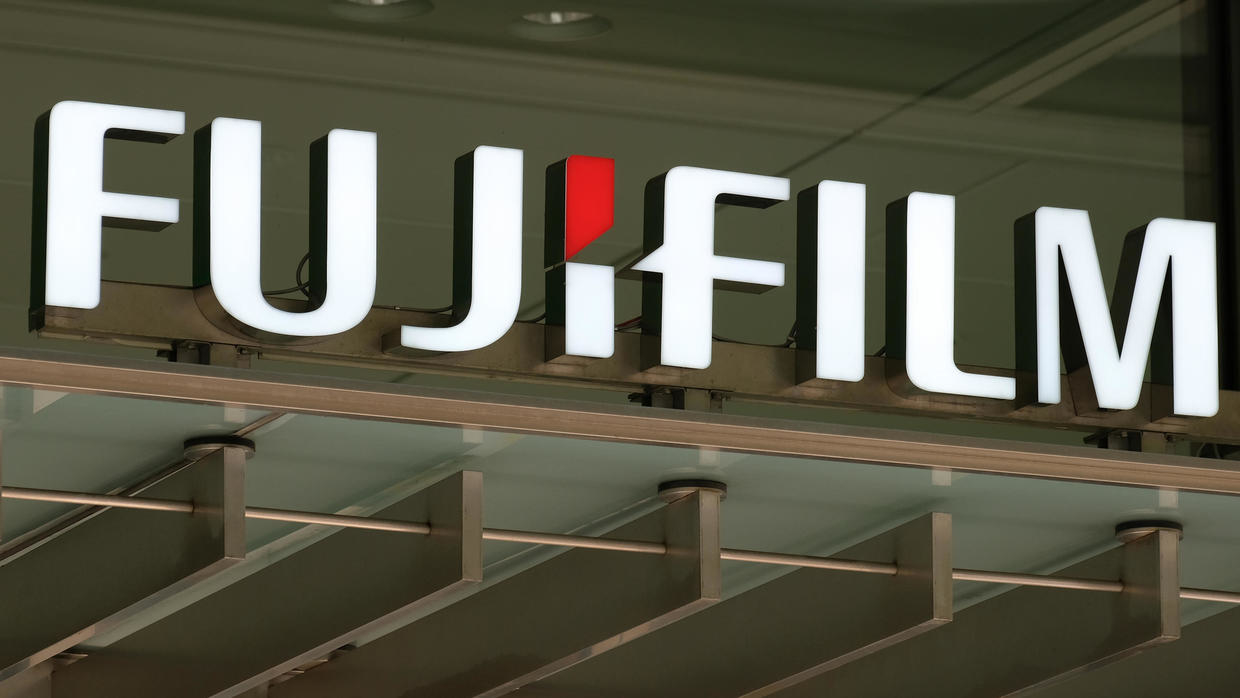
Shell reported stronger-than-expected earnings for the last quarter, as robust performance in its gas operations helped mitigate weaker refining margins and lower oil prices.
The oil and gas company posted adjusted earnings of $6.03 billion (£4.64 billion), a slight decline of 3.1% from $6.22 billion (£4.79 billion) in the same quarter the previous year. However, the results exceeded analyst estimates, which had projected $5.36 billion (£4.13 billion), according to a consensus compiled by Shell.
The company’s integrated gas business recorded a total production of 941,000 barrels of oil equivalent per day (boe/d), marking a 4.5% increase from the previous year despite a decline compared to the prior quarter. Liquefaction volumes rose to 7.5 million tonnes, up 9% year-over-year, showcasing the strong growth in Shell’s gas segment. This area has become a strategic focus for CEO Wael Sawan, who, since taking office in 2023, has implemented cost-cutting measures and scaled back investments in renewables.
Despite the solid performance in gas, Shell is contending with a challenging macroeconomic landscape. Brent crude oil prices have dropped sharply over the past six months, and global demand weakness has negatively affected refining margins. Chief Financial Officer Sinead Gorman acknowledged the difficulties, noting that the company is navigating a “less favorable” economic environment and that the refining market is undergoing a period of rebalancing.
The financial update coincided with the UK Labour Party's announcement to raise the windfall tax on North Sea oil and gas companies from 35% to 38% and extend the levy by another year. Commenting on this fiscal change, Gorman emphasized the importance of policy stability for long-term investments. She stated, “Elected officials must balance budgets as they see fit, but we hope for policies that provide certainty. We continue to engage constructively with the Government to support the future of the North Sea and energy transition in the UK.”
Shell has also been impacted by costs tied to workforce reductions and restructuring. Earlier reports indicated a 20% reduction in staff within divisions focused on exploration and oil and gas development. Nonetheless, the company remains committed to shareholder returns, announcing an additional $3.5 billion (£2.69 billion) share buyback. This move marks the twelfth straight quarter of buybacks exceeding $3 billion (£2.31 billion).
Outside Shell’s London headquarters, climate activists from Fossil Free London staged a Halloween-themed protest, drawing attention to the company’s recent scaling back of some carbon reduction commitments. This shift mirrors a broader trend among energy giants, who are increasingly prioritizing financial returns amid investor pressure. Photo by DennisM2, Wikimedia commons.































































